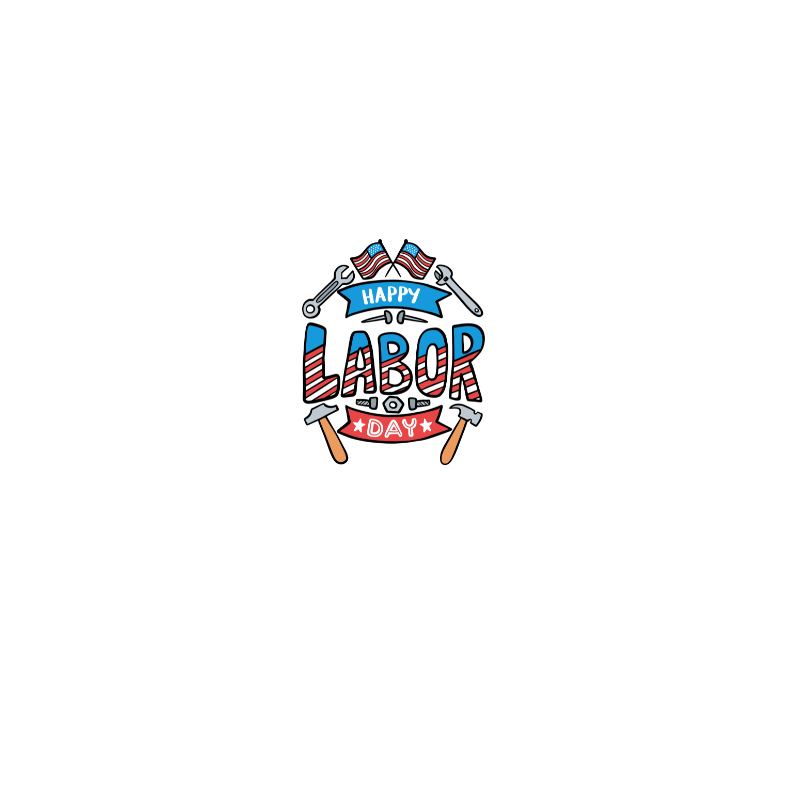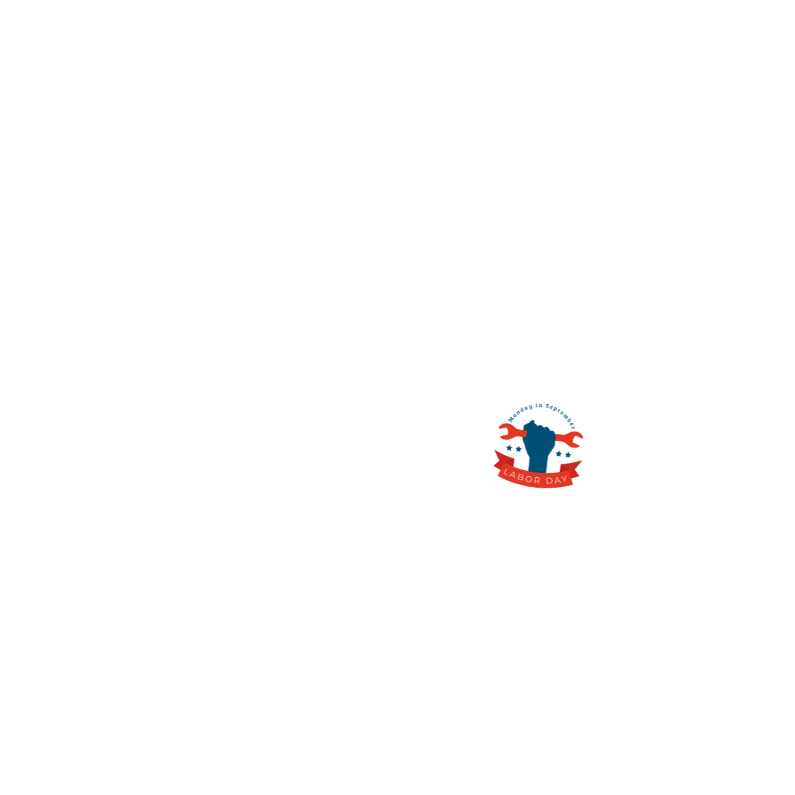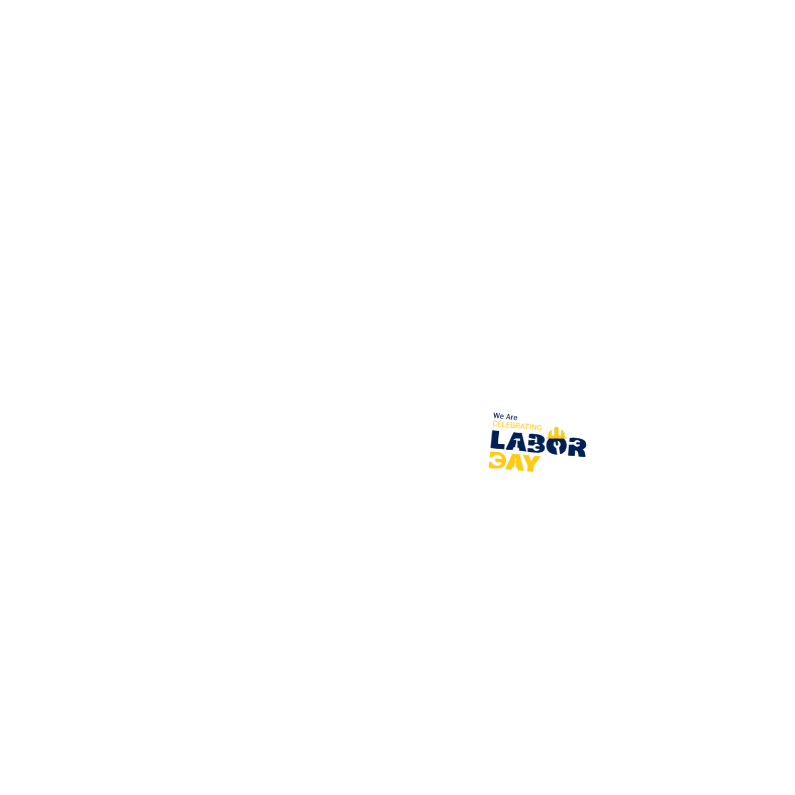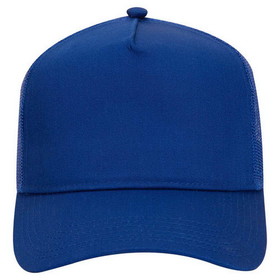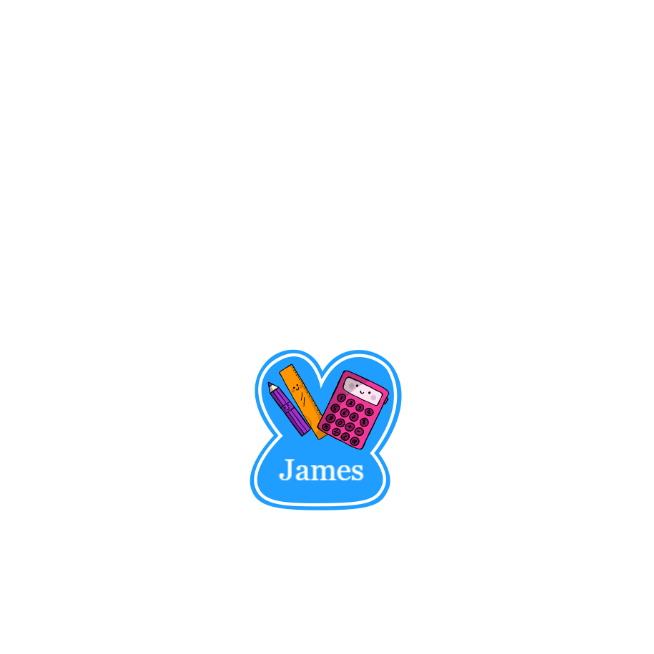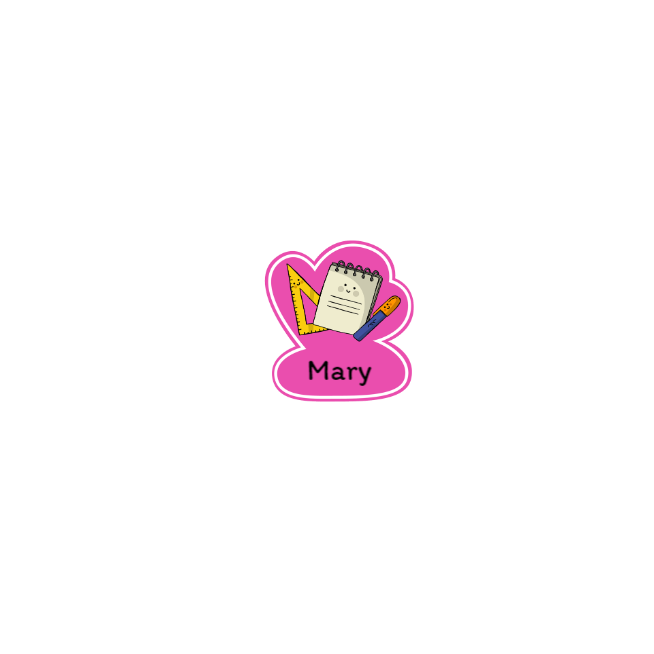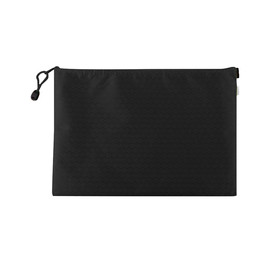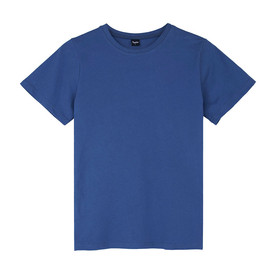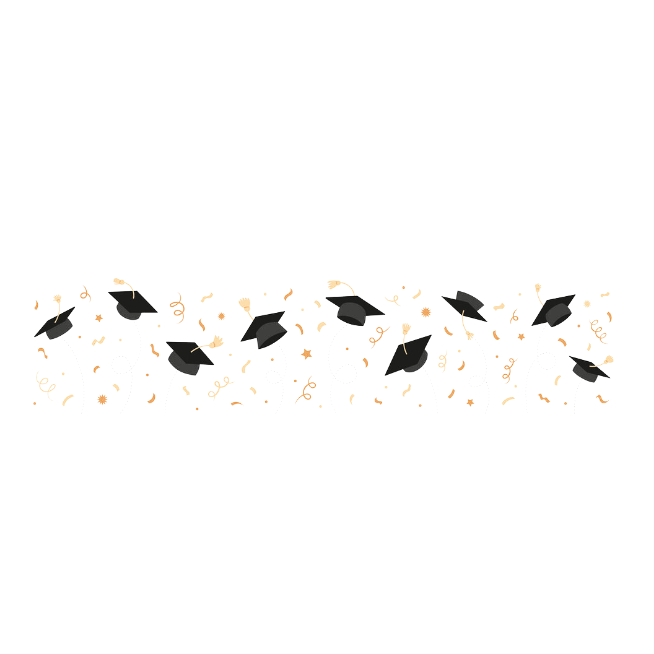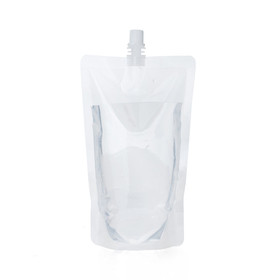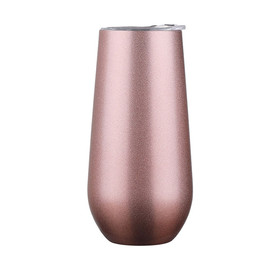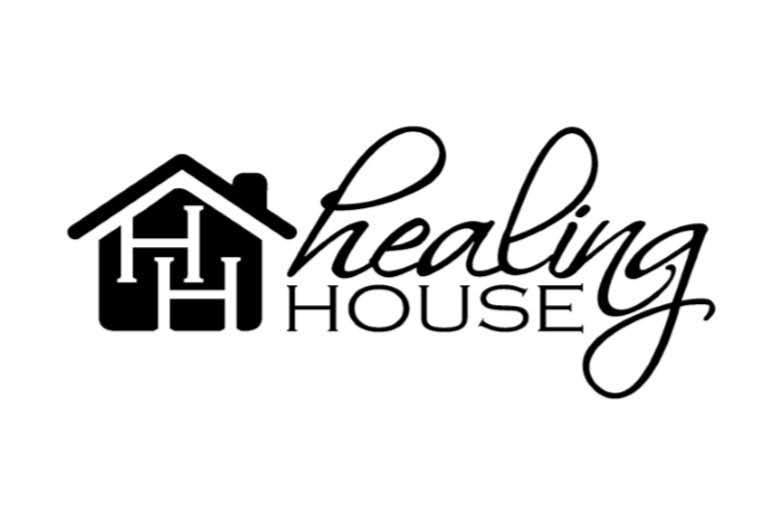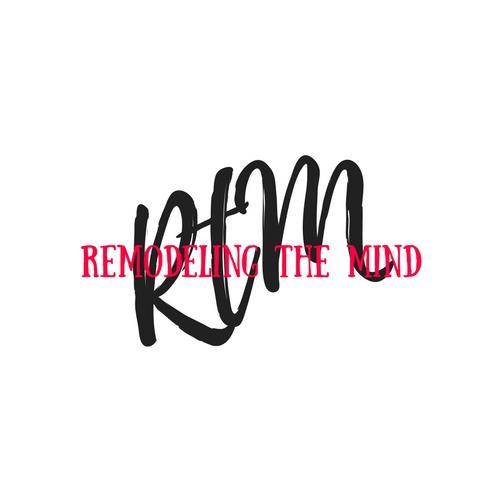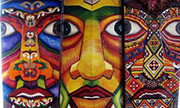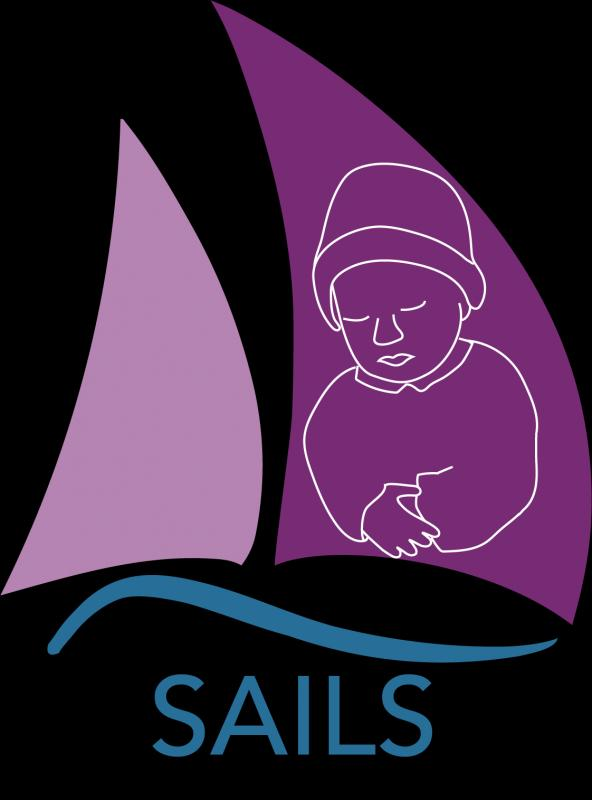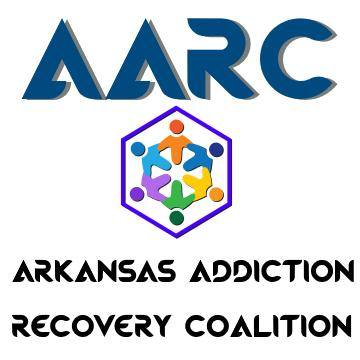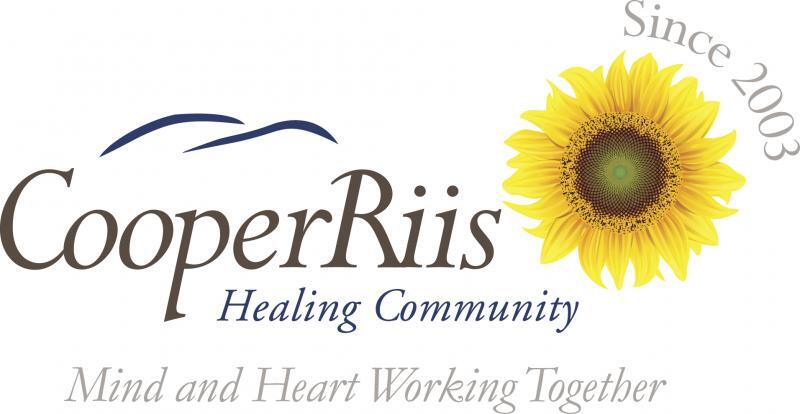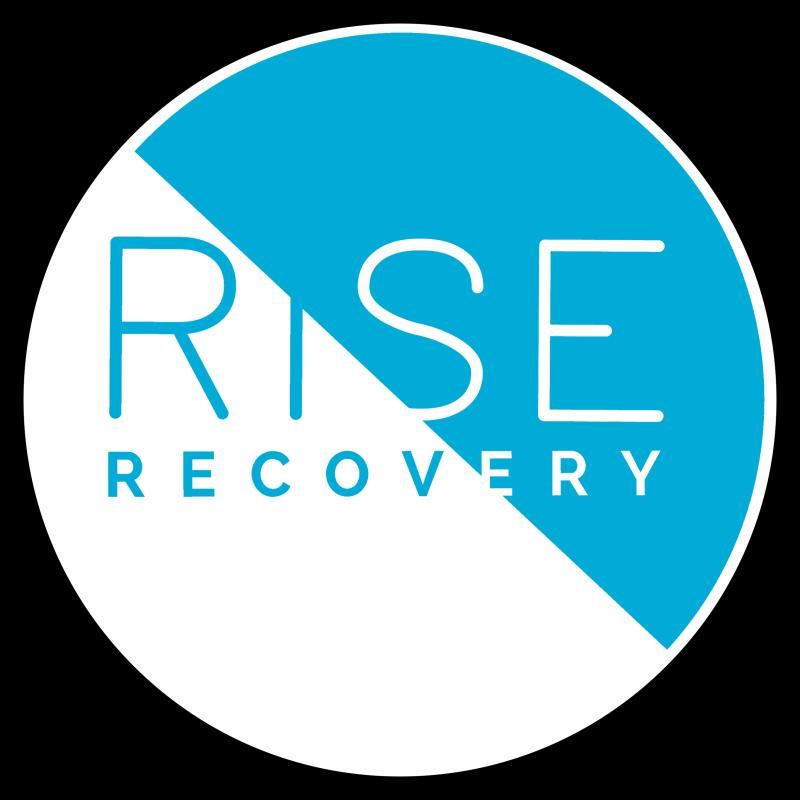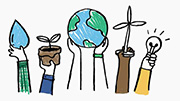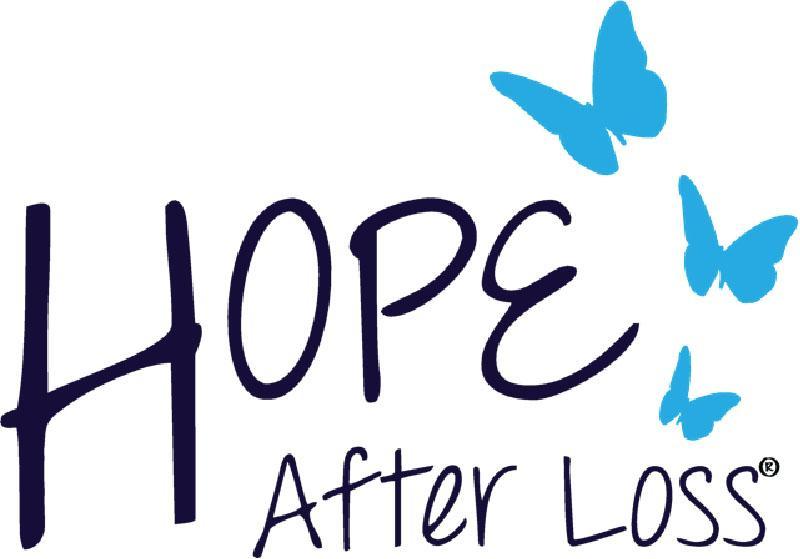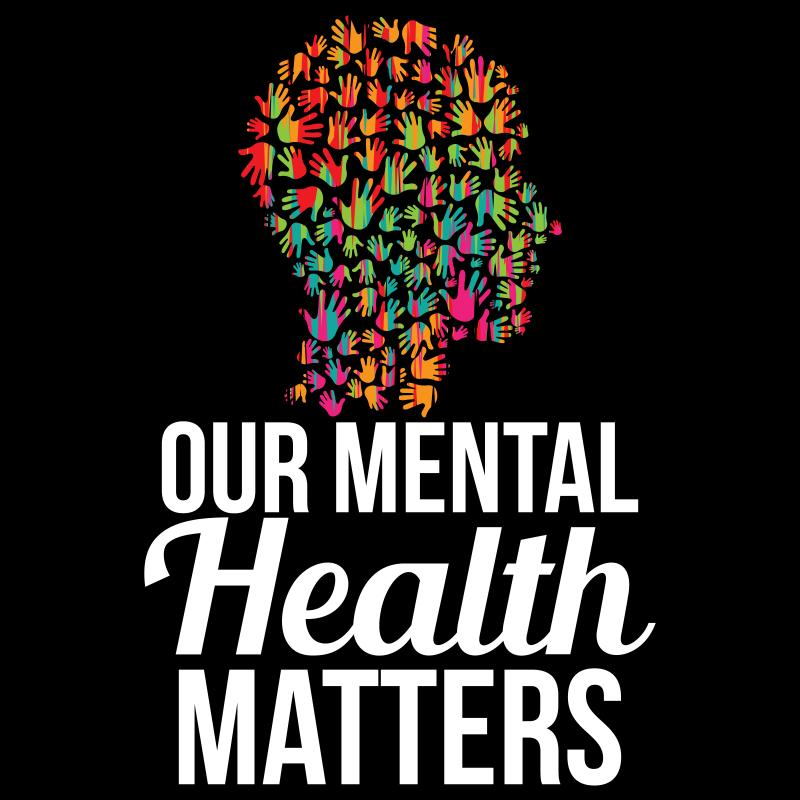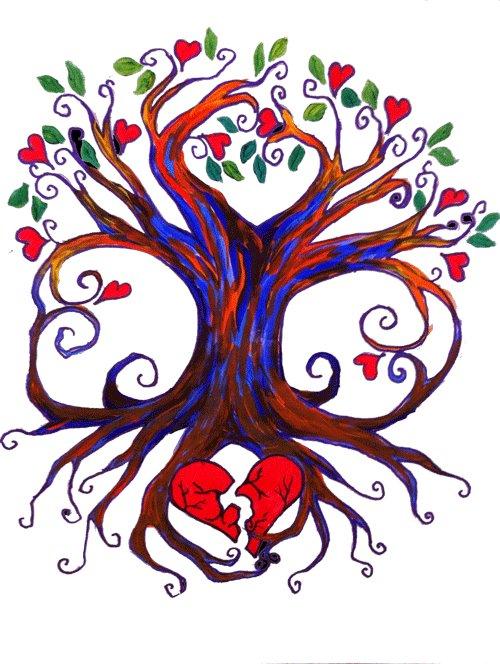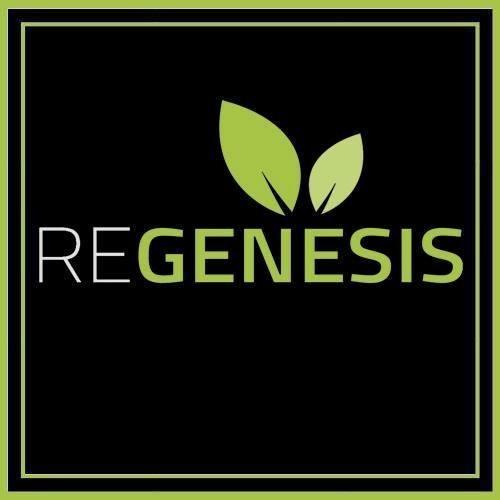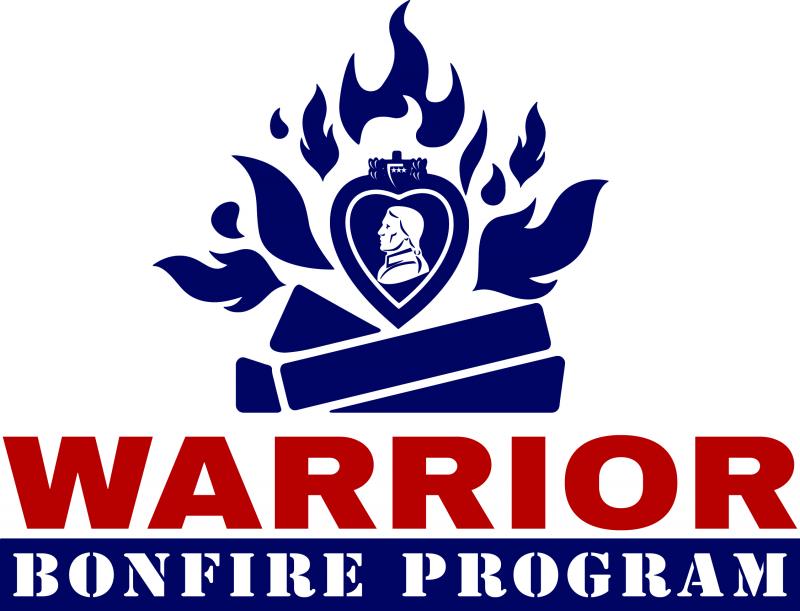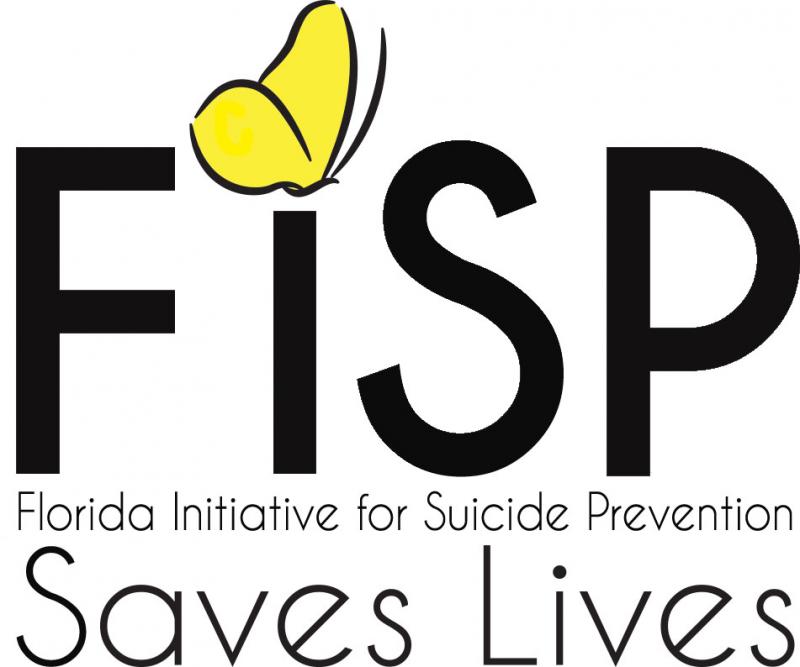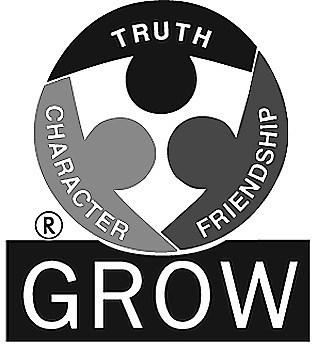Causes: Mental Health, Residential Mental Health Treatment
Mission: The mission of EHCA is to assist people with disabilities to live rich and fulfilling lives
Results: The children and adults supported by EHCA have diagnosed intellectual disabilities, and many have additional physical and medical challenges. These conditions are referred to as developmental disabilities, defined as intellectual or physical impairments that are manifested before the age of 22.Many of the individuals supported by EHCA have seizure disorders and are non-ambulatory and/or nonverbal. The intellectual and physical disabilities affecting these individuals result from a variety of factors and conditions, including the following:
•Conditions due to premature birth or complications from delivery, such as cerebral palsy. Cerebral palsy involves the loss or impairment of motor function caused by brain injury or abnormal brain development.
•Conditions caused by genetic transmission, such as Down syndrome. Down syndrome is caused by a chromosome abnormality and is associated with the growth delays, a particular set of facial characteristics, and intellectual disability.
•Congenital disorders, such as Noonan syndrome. Noonan syndrome can involve heart defects, distinct bodily and facial features, and intellectual disabilities.
•Traumatic brain injury, which occurs when an external force causes brain dysfunction.
•Autism spectrum disorder (ASD), which is believed to affect one out of every 88 children in the U. S. Autism is a group of developmental brain disorders producing symptoms of social impairment, communication difficulties, or repetitive/stereotyped behaviors. In addition, EHCA serves individuals with rare and debilitating conditions such as the following:
•Aicardi Syndrome is a genetic disorder causing a partial or complete absence of the part of the brain that allows the right side to communicate with the left.
•Fibrodysplasia Ossifcans Progressive (FOP) is an inherited disorder in which muscle and connective tissues such as tendons and ligaments are gradually replaced by bone (ossified).
•Lesch-Nyhan Syndrome (LNS) is a rare gene mutation predominately affecting boys, giving them irresistible urges to hurt themselves. Most individuals with LNS have lifelong mental and physical problems. The families of individuals with disabilities face important and difficult decisions. Can the parents adequately care for their child at home? What happens when their child reaches the age of 22 and no longer qualifies for school district services? Who will care for their adult child while they work or after they’re gone? Some individuals have such complex medical needs in addition to their disabilities that family members simply don’t have the training or physical capability to care for them at home. EHCA’s diverse programming and flexibility of services are intended to address these concerns. From residential facilities to adult day programs to in-home support and respite care, EHCA tailors its services to meet the needs of every individual and every family it serves. For example, Chris lives at home but participates in EHCA’s MOVE program on weekdays. This gives him the opportunity to make friends, attend special events, and pursue his interests while still living at home. Chris volunteers at Second Harvest Food Bank and participates in MOVE’s dance program. Adam, on the other hand, has been in EHCA’s residential program for over 25 years. The level of care he requires made it too difficult for him to remain at home. Adam loves making music on his keyboard and swimming in EHCA’s indoor swimming pool. Like Chris, he volunteers at Second Harvest Food Bank and participates in MOVE’s creative arts and dance opportunities. His mom, Paula, is an active EHCA volunteer. We have a resident who was expected only to live to his 20's, who is now nearly 40 years old. We also have a resident with severe and significant disabilities who has lived at EHCA for more than 40 years. Our Project First Step program has a 95% success rate of helping pregnant women with extreme social concerns and physical and intellectual disabilities have healthy, full-term babies. Individuals in our MOVE program volunteer in the community and give back over 6,000 hours of community service annually. EHCA has served some of the most vulnerable people in our community and region for over 100 years. Our success comes from treating every person as an individual and knowing that each person with a disability should have the opportunity to make choices, to contribute to his or her own daily lifestyle, to obtain the best education/training possible, and to enjoye a home-like atmosphere with quality caregivers.
Target demographics: individuals with all levels of disability
Direct beneficiaries per year: over 500 individuals and families
Geographic areas served: Erie, Pennsylvania
Programs: residential group homes and a variety of community services and supports.
Mission: The mission of EHCA is to assist people with disabilities to live rich and fulfilling lives
Results: The children and adults supported by EHCA have diagnosed intellectual disabilities, and many have additional physical and medical challenges. These conditions are referred to as developmental disabilities, defined as intellectual or physical impairments that are manifested before the age of 22.Many of the individuals supported by EHCA have seizure disorders and are non-ambulatory and/or nonverbal. The intellectual and physical disabilities affecting these individuals result from a variety of factors and conditions, including the following:
•Conditions due to premature birth or complications from delivery, such as cerebral palsy. Cerebral palsy involves the loss or impairment of motor function caused by brain injury or abnormal brain development.
•Conditions caused by genetic transmission, such as Down syndrome. Down syndrome is caused by a chromosome abnormality and is associated with the growth delays, a particular set of facial characteristics, and intellectual disability.
•Congenital disorders, such as Noonan syndrome. Noonan syndrome can involve heart defects, distinct bodily and facial features, and intellectual disabilities.
•Traumatic brain injury, which occurs when an external force causes brain dysfunction.
•Autism spectrum disorder (ASD), which is believed to affect one out of every 88 children in the U. S. Autism is a group of developmental brain disorders producing symptoms of social impairment, communication difficulties, or repetitive/stereotyped behaviors. In addition, EHCA serves individuals with rare and debilitating conditions such as the following:
•Aicardi Syndrome is a genetic disorder causing a partial or complete absence of the part of the brain that allows the right side to communicate with the left.
•Fibrodysplasia Ossifcans Progressive (FOP) is an inherited disorder in which muscle and connective tissues such as tendons and ligaments are gradually replaced by bone (ossified).
•Lesch-Nyhan Syndrome (LNS) is a rare gene mutation predominately affecting boys, giving them irresistible urges to hurt themselves. Most individuals with LNS have lifelong mental and physical problems. The families of individuals with disabilities face important and difficult decisions. Can the parents adequately care for their child at home? What happens when their child reaches the age of 22 and no longer qualifies for school district services? Who will care for their adult child while they work or after they’re gone? Some individuals have such complex medical needs in addition to their disabilities that family members simply don’t have the training or physical capability to care for them at home. EHCA’s diverse programming and flexibility of services are intended to address these concerns. From residential facilities to adult day programs to in-home support and respite care, EHCA tailors its services to meet the needs of every individual and every family it serves. For example, Chris lives at home but participates in EHCA’s MOVE program on weekdays. This gives him the opportunity to make friends, attend special events, and pursue his interests while still living at home. Chris volunteers at Second Harvest Food Bank and participates in MOVE’s dance program. Adam, on the other hand, has been in EHCA’s residential program for over 25 years. The level of care he requires made it too difficult for him to remain at home. Adam loves making music on his keyboard and swimming in EHCA’s indoor swimming pool. Like Chris, he volunteers at Second Harvest Food Bank and participates in MOVE’s creative arts and dance opportunities. His mom, Paula, is an active EHCA volunteer. We have a resident who was expected only to live to his 20's, who is now nearly 40 years old. We also have a resident with severe and significant disabilities who has lived at EHCA for more than 40 years. Our Project First Step program has a 95% success rate of helping pregnant women with extreme social concerns and physical and intellectual disabilities have healthy, full-term babies. Individuals in our MOVE program volunteer in the community and give back over 6,000 hours of community service annually. EHCA has served some of the most vulnerable people in our community and region for over 100 years. Our success comes from treating every person as an individual and knowing that each person with a disability should have the opportunity to make choices, to contribute to his or her own daily lifestyle, to obtain the best education/training possible, and to enjoye a home-like atmosphere with quality caregivers.
Target demographics: individuals with all levels of disability
Direct beneficiaries per year: over 500 individuals and families
Geographic areas served: Erie, Pennsylvania
Programs: residential group homes and a variety of community services and supports.
226 East 27th Street, Erie, PA 16504
814-454-1534
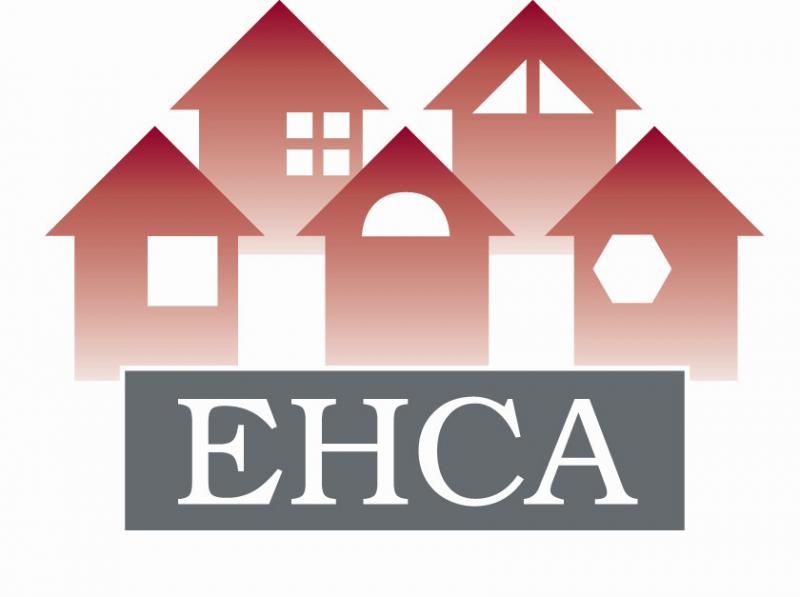
Mental Health
Erie



